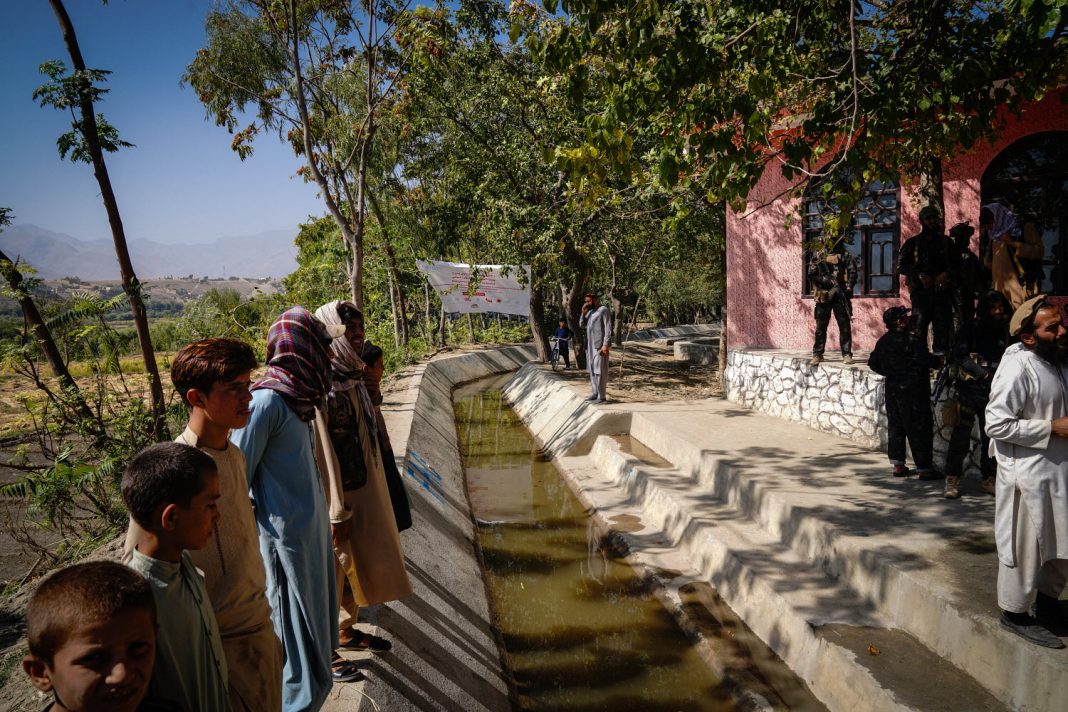Rome – In 2024, the Meals and Agriculture Group of the United Nations (FAO) is searching for a complete of $1.8 billion throughout the Humanitarian Response Plans to help 43 million folks to supply their very own meals, as acute starvation continues to escalate worldwide.
The announcement by FAO was made as a part of the United Nations’ large-scale humanitarian enchantment, which was launched in the present day on behalf of greater than 1,900 humanitarian companions and covers 72 international locations impacted by crises, each straight and not directly.
All through 2023, humanitarian wants remained unacceptably excessive, with roughly one in each 33 folks (258 million folks) in 58 international locations and territories going through acute starvation pushed by armed conflicts, financial shocks, local weather extremes, poverty and inequality. Concurrently, humanitarian budgets started tightening, leaving tens of millions with out help.
Emergency agriculture help is basically missed
On common, two-thirds of these experiencing acute meals insecurity depend on agriculture for his or her survival. In humanitarian contexts, emergency agriculture interventions that allow folks to supply their very own meals – usually together with direct meals distributions and money transfers – may be essentially the most environment friendly option to meet important humanitarian wants whereas maximizing the influence of each single greenback offered.
But solely 4 p.c of complete humanitarian funding going to meals sectors is allotted to emergency agriculture help.
Meals crises will proceed to dominate the worldwide outlook for 2024. Additional funding squeezes are anticipated, whereas excessive climate occasions pushed by the local weather disaster and El Niño work together with new and intensifying conflicts and financial instability, pushing extra folks into starvation.
2023 FAO response in evaluate
By the tip of November, FAO had assisted greater than 30 million folks experiencing meals crises in 2023, regardless of funding cuts.
Final 12 months, at a price of simply $598 million, FAO’s emergency crop and vegetable manufacturing assist alone enabled 23 million folks in 29 international locations to develop their very own meals and meet their household’s cereal wants for a median of 11 months. Total, the crops and greens produced had a worth of $2.75 billion. That represents a median return on funding of $6 for every $1 offered to FAO.
Selections to fund emergency agricultural interventions at scale are having a measurable influence. In Afghanistan, for instance, wheat packages offered by FAO not solely might meet a household’s annual wheat wants, however the seeds offered yield far above the alternate options, with web will increase of over 0.5 tonnes per family. With this stage of agricultural help, mixed with meals help and money transfers, the variety of rural Afghans affected by excessive ranges of acute meals insecurity has began to fall, lowering from 47 p.c of the measured inhabitants in March to Might 2022 to 40 p.c in April 2023.
Likewise, regardless of widespread combating at a important second within the agricultural season in Sudan, with the tireless effort of native companions and assist from the United Nations Workplace for the Coordination of Humanitarian Affairs (OCHA) in securing entry to rural communities, FAO was capable of quickly distribute high quality crop seeds to nearly 1 million farming households in time for planting. Harvests from these seeds needs to be enough to feed about 13 million folks for over 7 months.
Funds are urgently wanted to pre-position important inputs forward of upcoming planting seasons – for instance, in Ukraine and South Sudan. FAO advocates for versatile, unearmarked funding to be offered by way of the Particular Fund for Emergency and Rehabilitation Actions (SFERA). That is the simplest approach of supporting FAO’s work, enabling the Group to shortly act when conditions deteriorate or new crises emerge.
“At a time of worldwide funding cuts, any such assist is each life-saving and cost-effective,” careworn FAO Deputy Director-Basic Beth Bechdol. “Emergency agriculture interventions are life-saving and transformational, and so they have to be funded.”




